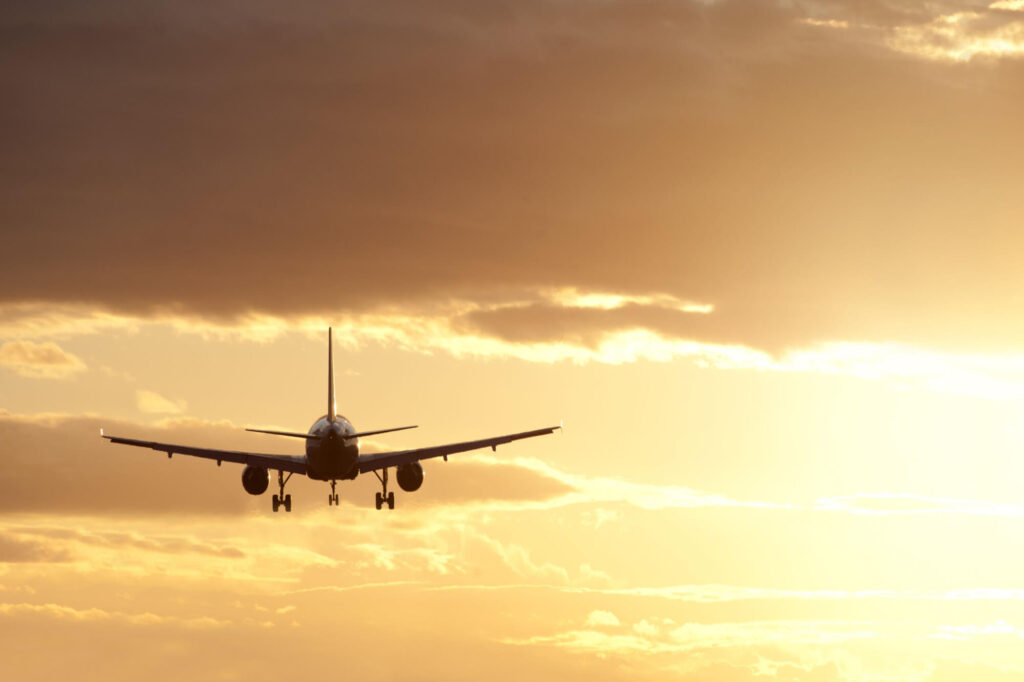The European Commission plans to extend a tool created during the pandemic that allows airlines to seek exemptions for not using take-off and landing slots when unexpected events occur.
The Commission also proposed measures to restore connectivity between the EU and Ukraine when the time comes to reopen airspace, including a recovery period for slots.
Airlines generally have to follow a use it or lose it rule when it comes to valuable slots at airports across Europe. Before the pandemic, airlines had to use their slots 80% of the time in order to keep them for the next season or risk being forced to give them up.
The practice led to airlines carrying out “ghost” flights, operating empty aircraft just to keep hold of the slots.
The EU has already given airlines slot relief for the current summer season 2022, which runs until October 29. Under those rules, airlines have to use 64% of tier slots to retain the right to use them for the next summer season.
The Commission has now proposed that the 80% rule returns from October 30, 2022, but will also extend the ‘justified non-use of slots’ (JNUS) tool created during the pandemic.
That tool allows airlines to use exceptions in situations such as epidemiological emergencies, natural disasters, or widespread political unrest with a disruptive effect on air travel.
The Commission also said it would be able to lower the use rate if air traffic levels fall below 80%, compared with 2019 figures, for four consecutive weeks due to COVID-19, another epidemiological situation, or as a direct result of Russia’s military aggression against Ukraine.
EU Transport Commissioner Adina Vălean said air traffic demand was back and it was time to return to normal slot rates.
“But we must make sure we are better prepared for the unexpected,” Vălean said in a statement on July 12, 2022. “The ‘Justified Non-Use of Slots’ clause has provided us with a particularly effective tool to manage crisis situations. Maintaining this tool will give us sufficient flexibility – an insurance – to act in case of a new deterioration of the public health situation, or indeed if we are faced with further fallout from the Russian war in Ukraine.”
If adopted, the relief provisions will apply from the start of the winter season on October 30, 2022, and last until March 26, 2024, when the Commission says air traffic is estimated to have reached full recovery.
